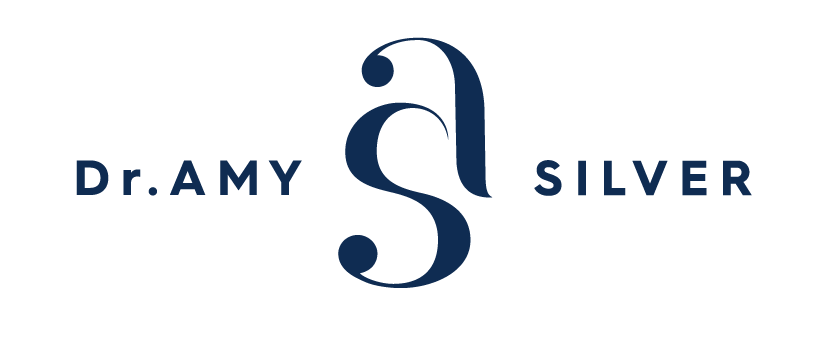Be braver
Brave is a big word. What does it mean? I don’t think of it as a static characteristic, ‘he is brave, she is not’. I also don’t believe it’s a singular, simple linear characteristic that can be measured. So what is it? I believe it is a fluid behaviour, and one that varies depending on the medium of bravery. For example, you can be brave physically, risking physical harm because of your action, or you can be brave emotionally, risking emotional harm because of your action. You can be brave at saying no, saying yes, stepping off the ‘normal’ path, challenging yourself, challenging the norm, challenging others, looking inwards, speaking your truth, letting people in.
Bravery is not the absence of fear. Bravery is your choice to put that fear to one side while you get on with the action…the action that gets you to your goal. Once you start moving that fear sideways your potential increases exponentially…and all goals will become possible.
Taking our understanding of bravery further, it is personally defined, it is about my fear, not yours. What might make one person fearful will not necessarily make another fearful. So from the outside, something like speaking your mind/heart in meetings like, "I think this meeting is boring and irrelevant", "I think I have an idea that might spark this conversation in a more interesting space", "I don’t agree", "I can’t negotiate on price because that is my best price", might seem like a very easy thing to some… But to the individual requires great bravery.
What type of fear do you struggle with? Is it about being your authentic self? Is it communicating something different from those around you? Is it showing that you care about something, or don't? Is it fear of standing out? Standing up? Hearing your voice? Is it about letting go? The fear of letting others have control? The fear of others being valued more than you? The fear of the unknown? The unpredicted? The fear of being told no? Of others not liking you? The fear of being judged?
Sometimes it's good to listen to your fears and react accordingly. But sometimes it's also good to examine whether you are making a habitual response. On those occasions you are guided automatically by your emotions rather than what is actually the best response for you, for your goals. So what is your habitual response to fear? "I feel fear, I don’t speak", "I feel fear, I railroad the other person until they conform to my decision", "I feel fear, I withdraw", "I feel fear, I micro manage". Look for your more often than not response to fear.
We shouldn’t be letting our habits dictate our behavioural response. Not if we want to keep growing, keep inspiring others, keep creating our best self.
You can and should be challenging yourself to be braver. Perhaps in some things you are really brave, and great…keep on growing, but perhaps there are areas where you know you could be braver…and great, keep on growing….
Once you start, it is contagious. Bravery is not the absence of fear. Bravery is your choice to put that fear to one side while you get on with the action. Start experimenting with your range of behavioural responses to fear for an immediate impact on your performance.
Perhaps ask yourself these questions to start off....
If I was braver in/with ________[the circumstance/scenario]
My life/the life of others would be better because ___________________
I can start this experimenting today/tomorrow by____________________
Dr Amy Silver is an expert in behavioural change for business excellence. If you would like to be added to her mailing list ‘Silverline’ings’ to hear of her news please visit dramysilver.com or email hello@dramysilver.com!

